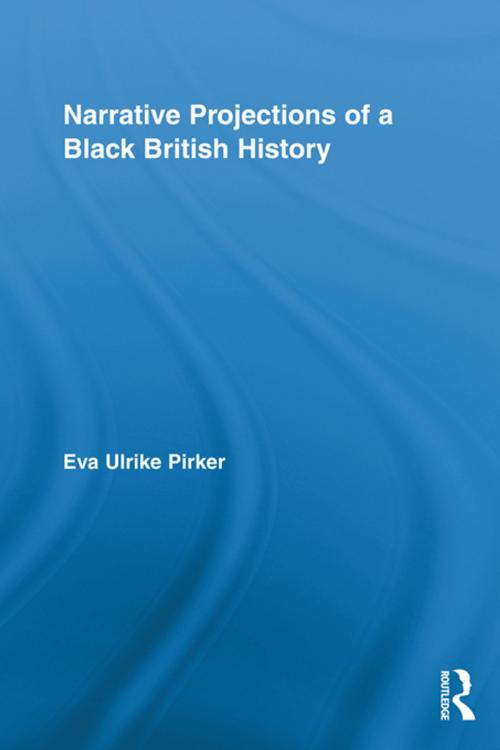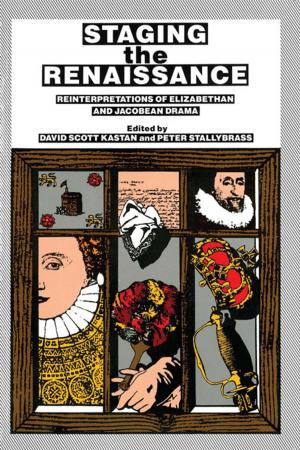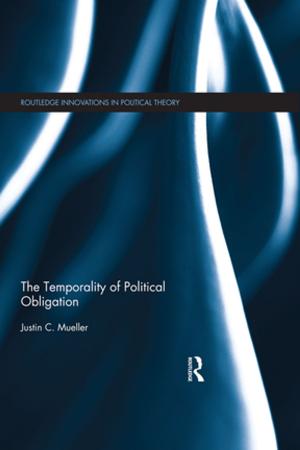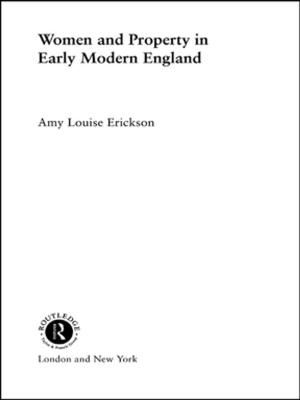Narrative Projections of a Black British History
Nonfiction, History, Reference, Historiography, British| Author: | Eva Ulrike Pirker | ISBN: | 9781136682711 |
| Publisher: | Taylor and Francis | Publication: | March 29, 2012 |
| Imprint: | Routledge | Language: | English |
| Author: | Eva Ulrike Pirker |
| ISBN: | 9781136682711 |
| Publisher: | Taylor and Francis |
| Publication: | March 29, 2012 |
| Imprint: | Routledge |
| Language: | English |
Since the mid-1990s, the black experience in Britain has begun to be (re)negotiated intensely, with a strong focus on history. Narrative Projections of a Black British History considers narratives that construct, or engage with, aspects of a black British history. Part I poses the question of what sort of narratives have emerged from, and in turn determine, key events (such as the iconic 'Windrush' moment) and developments and provides basic insights into theoretical frameworks. It also offers a large number of comparative readings, considering both 'factual' and 'fictional' forms of representation such as history books, documentary films, life writing, novels, and drama, and identifies main strands, 'official' narratives and countercurrents. Part II embarks on close readings and analyses of a selection of narratives that can be classed as reactions to the 'established' historical culture. Overall, the book draws attention to collective currents and individual positions, affirmative and critical approaches: Together, they form a representative image of a specific moment in the ongoing debate about a black British history.
Since the mid-1990s, the black experience in Britain has begun to be (re)negotiated intensely, with a strong focus on history. Narrative Projections of a Black British History considers narratives that construct, or engage with, aspects of a black British history. Part I poses the question of what sort of narratives have emerged from, and in turn determine, key events (such as the iconic 'Windrush' moment) and developments and provides basic insights into theoretical frameworks. It also offers a large number of comparative readings, considering both 'factual' and 'fictional' forms of representation such as history books, documentary films, life writing, novels, and drama, and identifies main strands, 'official' narratives and countercurrents. Part II embarks on close readings and analyses of a selection of narratives that can be classed as reactions to the 'established' historical culture. Overall, the book draws attention to collective currents and individual positions, affirmative and critical approaches: Together, they form a representative image of a specific moment in the ongoing debate about a black British history.















